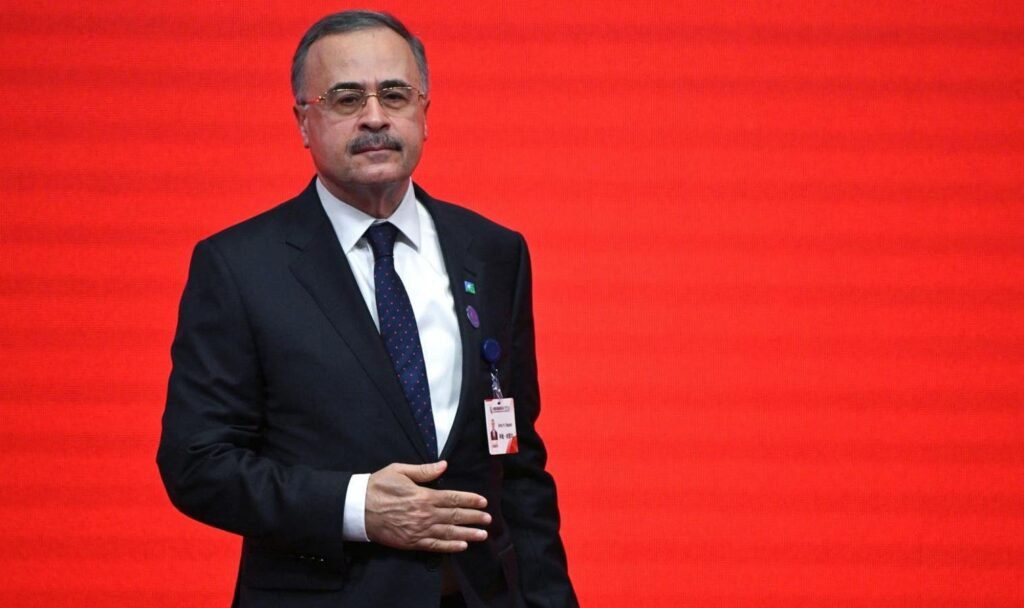Saudi Aramco CEO, Amin Nasser, believes that the age of fossil fuels is far from over, despite the push towards renewable energy sources. As the head of the world’s biggest oil company, he oversees the production of more than 12 million barrels per day of oil and gas. Aramco’s output and net income surpass even top oil companies like ExxonMobil and Chevron, solidifying its position in the industry for years to come.
While there is a growing emphasis on transitioning to renewable energy, the reality is that the world still heavily relies on carbon-spewing energy sources such as oil, gas, and coal. Renewable energy sources like solar and wind are facing challenges in scaling fast enough and are not as economically competitive as traditional sources of energy. This has led to a continuous rise in global petroleum consumption, even as electric vehicles gain popularity in the transportation sector.
Despite being a major player in the oil industry, Aramco is also one of the biggest investors in the low-carbon transition. The company has dedicated a portion of its capital spending to renewables and has launched the Aramco New Energies division. Projects like the Sudair and Shuaibah solar fields are part of their efforts to expand their renewable energy portfolio. Aramco is also exploring partnerships with companies like Repsol to produce zero-carbon jet fuel and capture CO2 emissions at their refining complex.
One of the promising investments by Aramco Ventures is in a startup called Spiritus, which has developed a novel technology to passively absorb CO2 from the air using sorbent balls. This technology, which mimics the way our lungs absorb oxygen, could potentially revolutionize the carbon capture and sequestration process. Spiritus plans to manufacture these sorbent balls in the U.S. and deploy them in underground wells for sequestration.
Despite the push towards renewable energy, Aramco remains a dominant force in the oil industry, generating high revenues and net income. The company plans to distribute dividends to shareholders and continue investing in oil and gas projects within the Kingdom. However, they are also looking to diversify globally through investments in petrochemical plants, gas stations, and LNG developments. In line with their goal of achieving net-zero carbon emissions by 2050, Aramco is exploring potential deals with companies like BP, which has a strong presence in the renewables sector.
As the global energy landscape continues to evolve, Saudi Aramco remains a key player in the oil and gas industry while also making strides towards a more sustainable future through investments in renewable energy and carbon capture technologies. With a strong financial position and a commitment to reducing carbon emissions, Aramco is poised to adapt to changing market dynamics and contribute to the ongoing transition towards cleaner energy sources.

